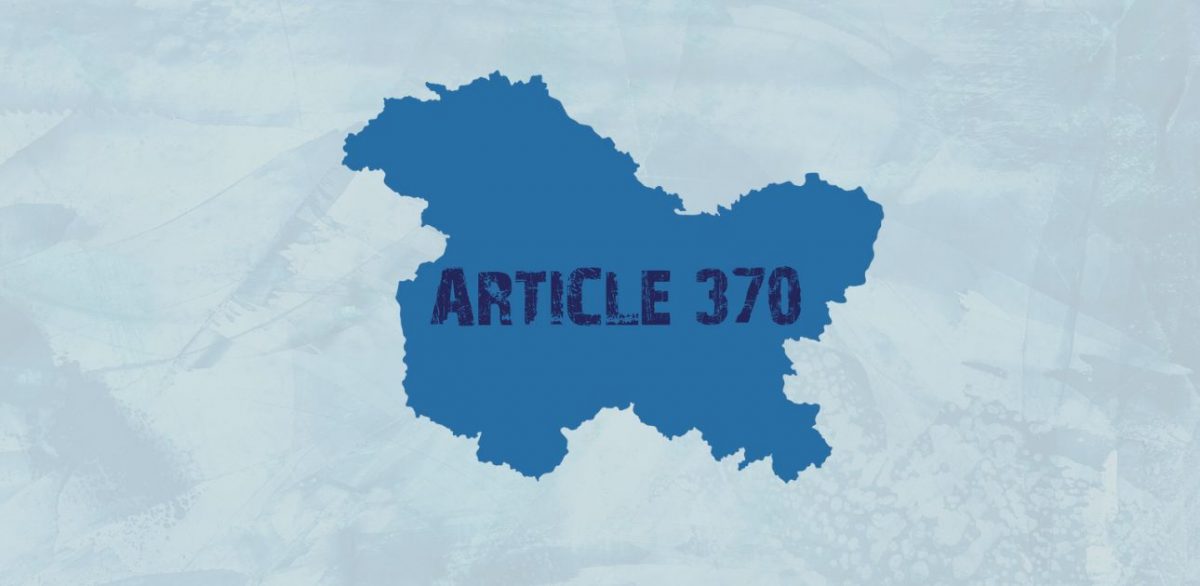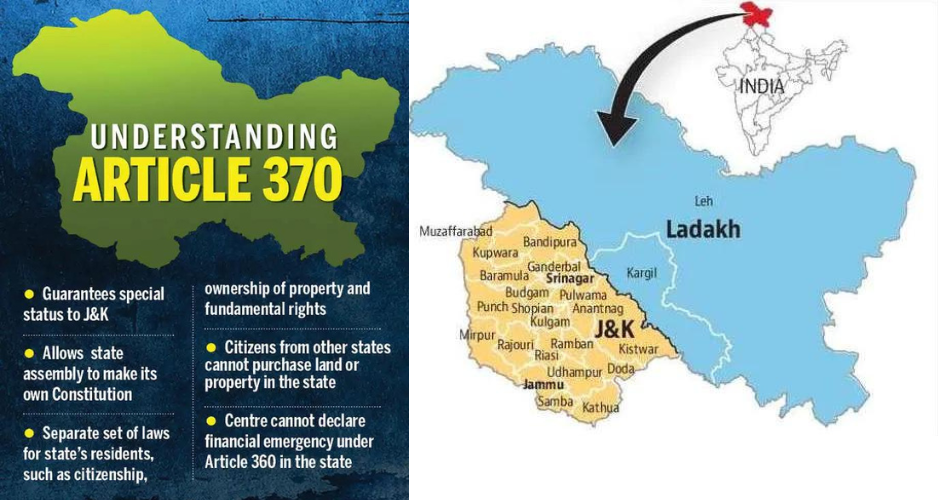Understanding Article 370: Unraveling the Controversy and Context

Article 370, a provision within the Indian Constitution granting special autonomous status to the erstwhile state of Jammu and Kashmir (J&K), has been a topic of considerable debate, controversy, and historical significance. Its revocation in August 2019 altered the political landscape of the region, sparking discussions and varied opinions across the nation.
Origins and Significance
Enshrined in the Indian Constitution in 1949, Article 370 was intended as a temporary provision, granting Jammu and Kashmir a unique status within the Indian Union. It provided the state with autonomy in certain matters, including governance, legislation, and the residency rights of its citizens.
Impact on Jammu and Kashmir
For decades, Article 370 shaped the political, social, and economic dynamics of Jammu and Kashmir. It allowed the state to have its own constitution, a separate flag, and limited application of Indian laws, fostering a sense of distinct identity among its people.

Debate and Controversy
The provision of the special status accorded to Jammu and Kashmir under Article 370 became a subject of debate, with opinions divided on its relevance, effectiveness, and implications. Critics argued that the special status hindered the region’s integration with the rest of India and impeded its socio-economic development.
Revocation and Its Aftermath
In August 2019, the Indian government abrogated Article 370, revoking the special status of Jammu and Kashmir and bifurcating the state into two separate Union Territories—Jammu and Kashmir, and Ladakh. The move was met with varying reactions, eliciting support as well as concerns about its legality and potential ramifications.
Geopolitical and Socio-Economic Shifts
The revocation of Article 370 led to significant geopolitical shifts in the region, altering the administrative and political structure of Jammu and Kashmir. It also aimed to facilitate development initiatives, infrastructural growth, and improved governance in the region, although the impact of these measures remains a subject of ongoing evaluation.
Local Perspectives and Voices
The decision to abrogate Article 370 sparked a range of sentiments among the people of Jammu and Kashmir. While some welcomed the move, anticipating socio-economic progress and enhanced integration, others expressed apprehensions about the implications on their identity, culture, and political representation.
Looking Ahead
As Jammu and Kashmir navigates its new socio-political landscape post-Article 370, the region faces both opportunities and challenges. The focus remains on fostering peace, stability, and inclusive development while respecting the aspirations and rights of its diverse population.
Conclusion
Article 370’s revocation marked a significant juncture in India’s history, triggering debates on federalism, regional autonomy, and national integration. While the decision aimed at fostering unity and development, its impact continues to unfold, necessitating a nuanced understanding and a collaborative approach toward addressing the diverse needs and aspirations of the people of Jammu and Kashmir.